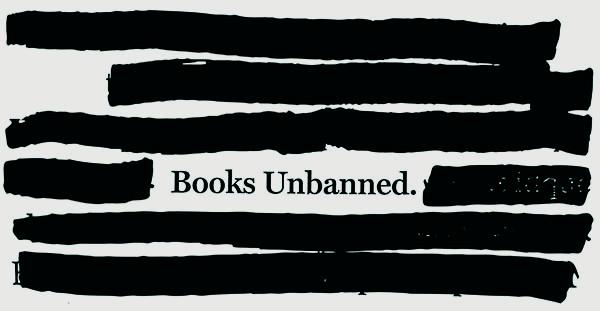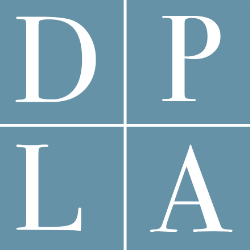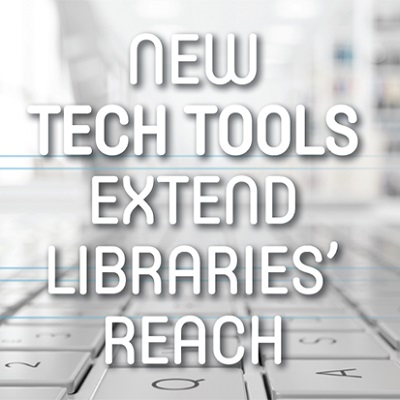Technology
ALL TECHNOLOGY COVERAGE
Search, revise, and repeat. This is the habit in which users often find themselves when searching through mountains of content. To be faced with a repository of information and not find one’s desired knowledge is not a new dilemma, and now with AI, one never knows if what is retrieved is accurate or authentic.
Two and a half years after launch, Books Unbanned has continued to grow as a vital resource for people in schools and communities where book challenges otherwise put content out of reach.
Over 60 percent of libraries are currently evaluating or planning for artificial intelligence (AI) implementation, according to a global survey of more than 1,500 librarians by Clarivate, the parent company of ProQuest, Ex Libris, Web of Science, and more. According to Clarivate’s first “Pulse of the Library” report, which combines feedback from the global survey and qualitative interviews of librarians working at academic, public, and national libraries, “the potential rise of AI adoption in the coming year is high."
On September 4, the United States Second Circuit Court of Appeals affirmed a March 2023 ruling that the Internet Archive’s (IA) program of scanning print books and distributing digital copies on a one print-book, one-ebook, one-user basis for free is not protected by fair use doctrine. The ruling was the result of a lawsuit filed by Hachette Book Group, HarperCollins, John Wiley & Sons, and Penguin Random House in June 2020.
Chicago Mayor Brandon Johnson and the Chicago Public Library (CPL) on August 15 announced the launch of “Chicago Book-Wrapped,” a new popup initiative offering instant access to a curated collection of ebooks and e-audiobooks with no hold times or library card requirements during special events in Chicago. The initial collection was curated to celebrate the Democratic National Convention.
The Digital Public Library of America (DPLA) and the Independent Publishers Group (IPG) today announced a new model that will give libraries ownership rights to ebooks purchased from Austin Macauley, Arcadia Publishing, Dynamite Entertainment, Dover Publications, JMS Books, and dozens of other independent publishers.
Several major companies—including Clarivate, EBSCO, OCLC, and OverDrive—are introducing new AI tools and features that will impact researchers, patrons, and library work directly.
On July 30, the U.S. Senate passed the Kids Online Safety Act (KOSA) 91–3. Supporters of the bill say that it will help protect children from the potential harms of social media platforms and other online services, but critics say that if the legislation passes the House and becomes law, it will lead to online censorship—potentially including politicized censorship by the Federal Trade Commission and state attorneys general who would enforce the law.
Streamline and enhance your processes with these cutting-edge solutions: Smart Library Lockers@D-Tech, Content and Discovery Services Platform@SirsiDynix, EV Cart@Kingsley, Payment Solutions@Comprise.
ALREADY A SUBSCRIBER? LOG IN
We are currently offering this content for free. Sign up now to activate your personal profile, where you can save articles for future viewing









